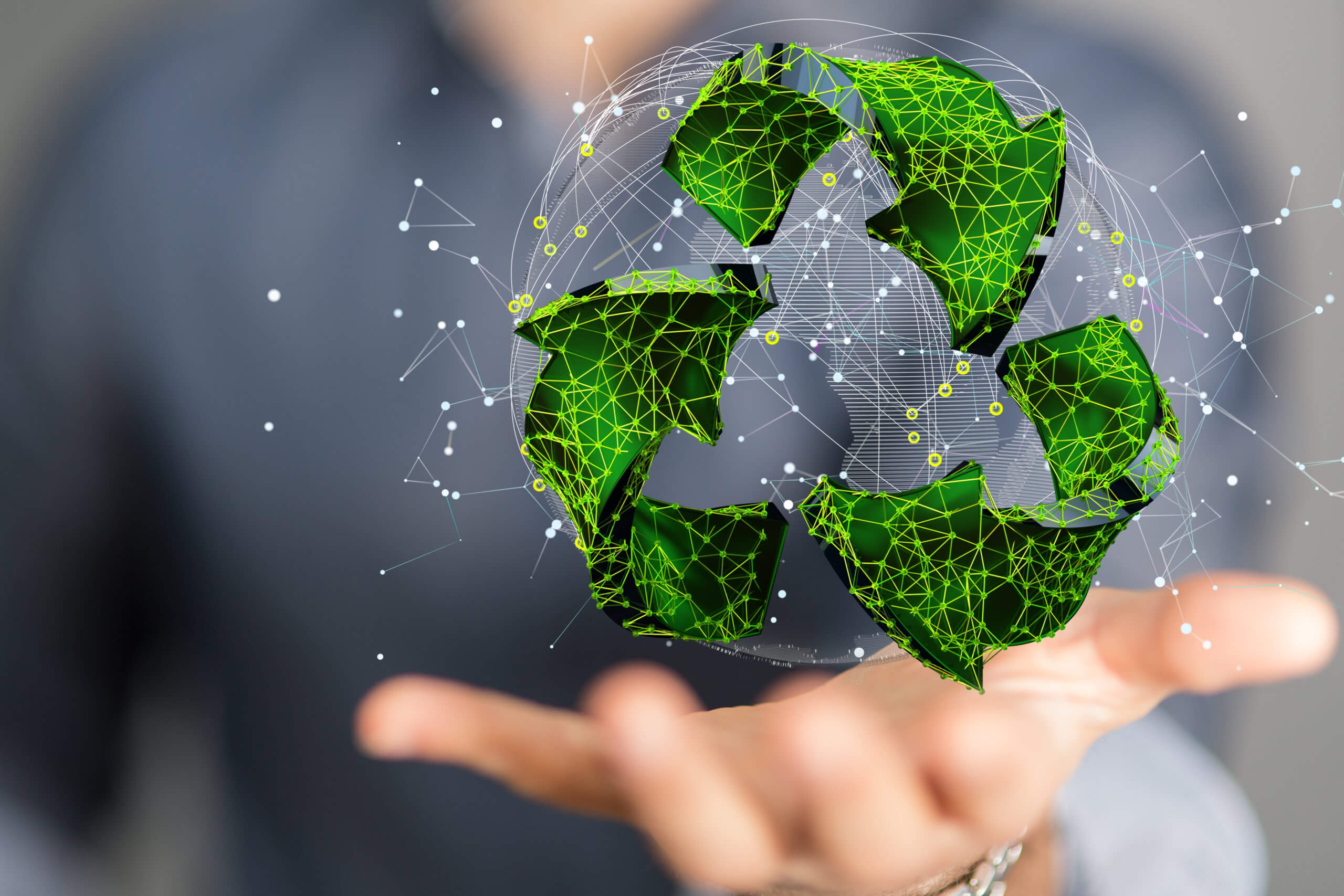
Each year, approximately $80 to $120 billion in post-consumer plastic packaging does not get recovered and recycled globally. This represents a loss of valuable material but also presents a significant opportunity to capture and rebrand waste. Companies like Eastman, ExxonMobil and LyondellBasell are already pursuing this opportunity by investing millions of dollars into creating a better circle of production and recycling through advanced recycling.
While the plastic pollution problem is complex, and there are many pieces to the puzzle, recycling poses a key solution to ending plastic waste. Mechanical recycling is helpful in recycling certain types of plastic, and complementary advanced recycling will be vital to the future of our recycling systems. The plastics industry is already leading the way to a circular economy by investing in a future where everything can be made brand new again.
Advanced recycling systems are key to circularity because they support end markets for post-consumer plastic and help meet rising demand for recycled plastic. Through advanced recycling, discarded plastics can be transformed back to their original building blocks that is nearly identical to virgin resin. The benefits of advanced recycling also extend to the economy. According to a recent report by Closed Loop Partners, advanced recycling could yield up to $120 billion in potential revenue based on demand for recycled plastic. This revenue could support price reductions and increase accessibility to basic goods for millions of Americans.
Advanced recycling also provides an opportunity to create tens of thousands of new jobs supported by new advanced recycling projects throughout the United States. A report by the American Chemistry Council (ACC) found that U.S. investment in new advanced recycling projects nationally could support nearly 40,000 jobs and over $2 billion in annual payroll.
The University of Houston’s Center for Houston’s Future estimates that the Houston region alone could support up to 100 advanced recycling facilities by 2030, capable of supporting 15,000 jobs and over $500 million in annual payroll. In fact, a promising new partnership between ExxonMobil, LyondellBasell and Cyclyx International will form the Houston Recycling Collaboration to increase the city’s plastics recycling rate and establish Houston as a leader in both mechanical and advanced recycling.
Advanced recycling offers billions of dollars in opportunities to support our communities, our economy, and our environment, and pursuing these valuable technologies will be key to meeting circular economy and environmental goals by the end of the decade.
Over the last few years, plastics recycling companies have been working to create and promote commercially viable advanced recycling solutions. While some projects are still in their nascent stages, several have been piloted and proven successful, and are now being scaled up to become part of U.S. recycling infrastructure that will create a more circular economy.
In early 2021, Eastman announced its plastic-to-plastic advanced recycling facility, which is slated to be operational by the end of 2022. The project will be one of the world’s largest advanced recycling facilities and has been designed and pursued by the company to create a more robust circular economy for plastics. At completion, Eastman will have invested an estimated $250 million in a facility that will be capable of converting over 100,000 metric tons of plastic waste per year to usable recycled content. With its unique polyester renewal technology, the company is focusing on recycling plastics that are currently more difficult to recycle into high-quality polyester ready to be used in a variety of durable applications.
Technologies that companies like Eastman are employing have several environmental benefits. Eastman’s polyester renewal technology will reduce greenhouse gas emissions by 20 to 30% compared to the production of virgin plastic, which supports U.S. environmental goals to reach net zero emissions by 2050. Most importantly, the facility will keep plastic out of the environment and landfills by creating stronger end markets for post-consumer plastics. With the help of advanced recycling systems, recycling rates will grow and increase the supply of recycled plastic to consumer brand and industrial companies. Real solutions like this create a stronger circular economy that can more easily process and produce valuable recycled goods.
As the U.S. government invests more in recycling systems, both mechanical and advanced, through infrastructure bills and development funding, the plastics industry will be an important partner moving forward. Eastman is already taking huge steps to make its advanced technologies commercially viable, and ExxonMobil recently announced that it will build its first large-scale plastic waste advanced recycling facility, the largest in North America, to be operational by the end of 2022.
As these plans come to fruition, the U.S. economy, consumers, and the environment will benefit. The shift toward new technologies will ensure that all plastics can more easily be made new again. As we move into 2022, industry is already thinking ahead and investing billions to ensure that plastics stay in the economy and never end up in the environment.